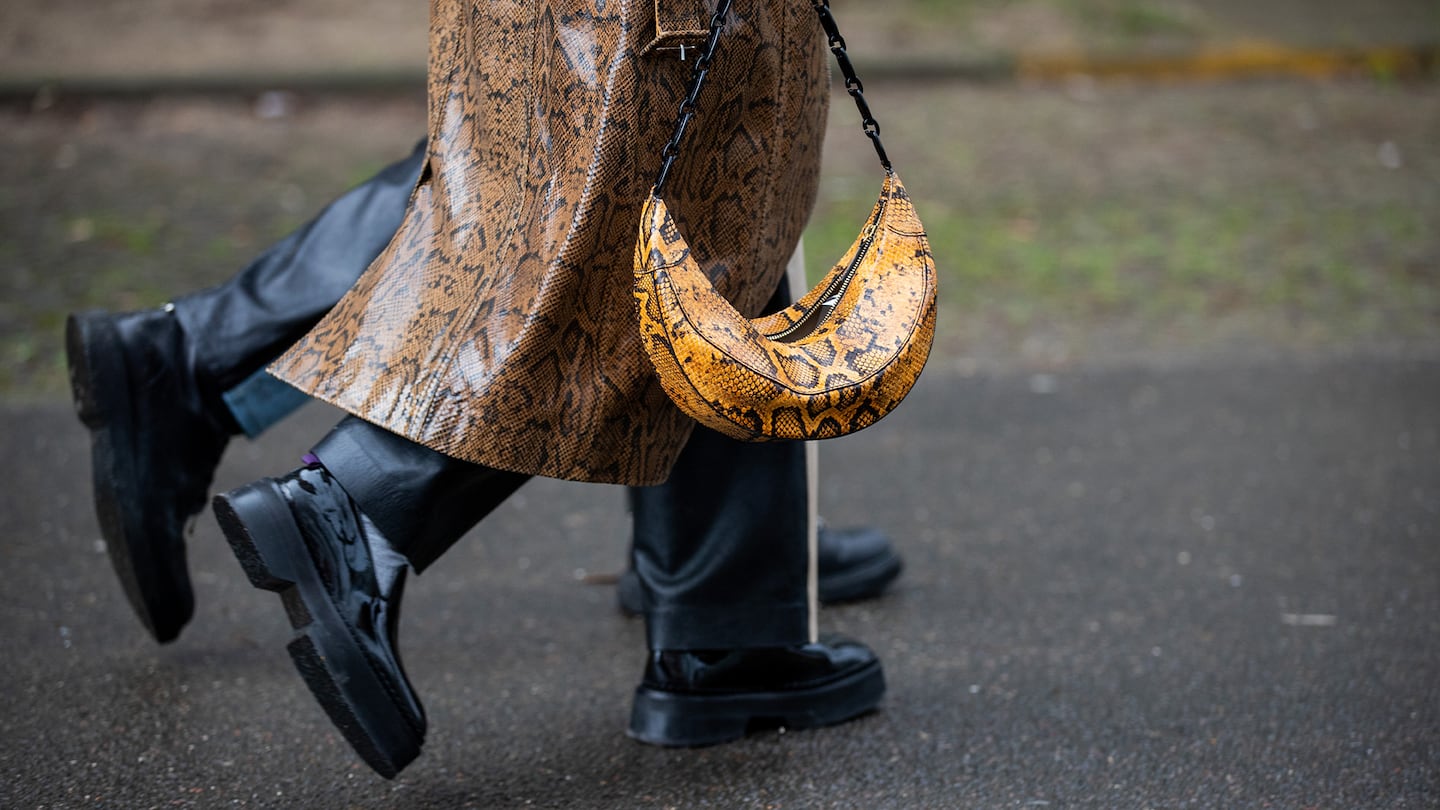The Business of Fashion
Agenda-setting intelligence, analysis and advice for the global fashion community.
Agenda-setting intelligence, analysis and advice for the global fashion community.

Copenhagen Fashion Week will ban collections containing exotic skins or feathers from its runways from next year, becoming the highest profile event on the fashion calendar to take a stance against the increasingly controversial materials.
Over the last few years, brands including Chanel and Burberry and regional fashion weeks like Melbourne, Helsinki and Stockholm have introduced similar prohibitions. But alligator handbags and python heels still don’t carry the same taboo as fur, which has been ditched by a much broader array of brands and event organisers.
Copenhagen’s move is part of a broader toughening of sustainability standards for brands participating in the city’s fashion week. The Danish capital has carved out a strategic niche as a sustainable fashion leader, introducing a set of minimum eco-requirements brands must meet in order to show their collections in 2020 — including a ban on fur.
Those came into full force last year and now the organisation is looking to push things further. Alongside the new prohibition on collections that contain wild animal skins and feathers, brands will also need to show a larger portion of their products have been made using more sustainable materials, that they are sourcing responsibly and designing for repairability and recyclability, amongst other measures.
ADVERTISEMENT
Copenhagen Fashion Week will work closely with brands to help them meet the new requirements, providing webinars and other support, said Copenhagen Fashion Week CEO Cecilie Thorsmark. The new standards will come into effect from the start of next year.
Learn more:
Could Exotic Skins Go the Same Way as Fur?
While some companies have denounced the use of crocodile, snake and ostrich skins to make high-end leather goods, others are doubling down on the product category.
The industry needs to ditch its reliance on fossil-fuel-based materials like polyester in order to meet climate targets, according to a new report from Textile Exchange.
Cotton linked to environmental and human rights abuses in Brazil is leaking into the supply chains of major fashion brands, a new investigation has found, prompting Zara-owner Inditex to send a scathing rebuke to the industry’s biggest sustainable cotton certifier.
Over the last few years, the run-up to Earth Day has become a marketing frenzy. But a crackdown on greenwashing may be changing the way brands approach their communications strategies.
This week, Sephora announced plans to double down on ‘green’ and ‘clean’ product labels, leaning into an increasingly risky marketing tactic even as a greenwashing crackdown has prompted other brands to pull back.